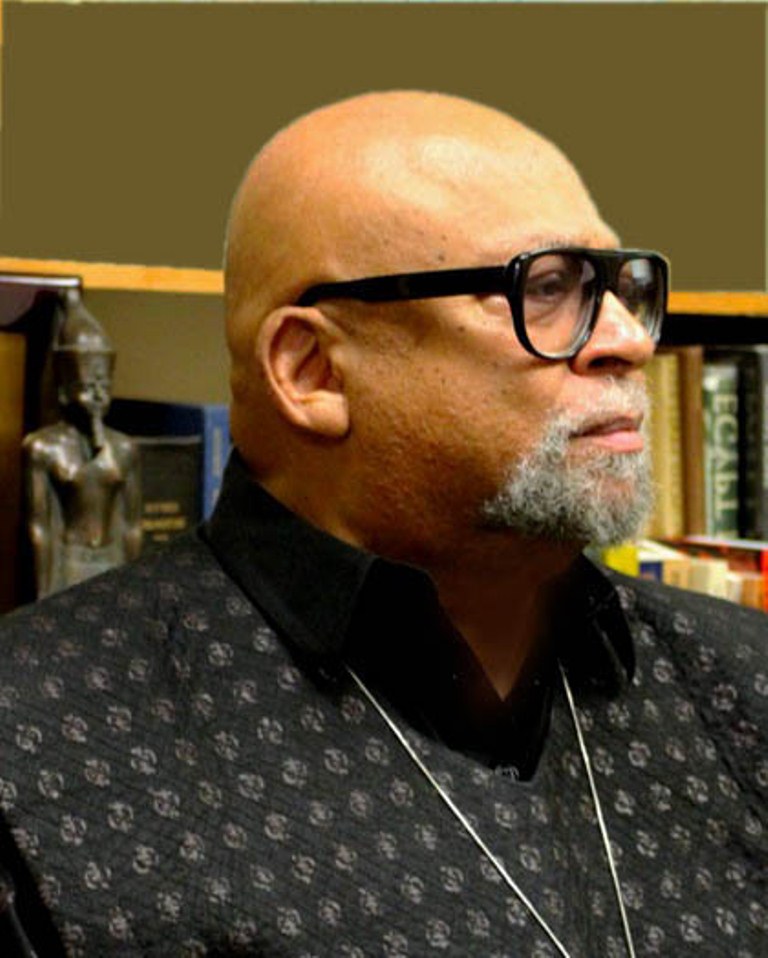
INTERVIEW: Protecting Democracy – An Interview with Sen. Nina Turner
“A Bernie Sanders presidency means an America where folks don’t die because they’ve got to rotate out their insulin to make sure it lasts. We are looking for an America where hospitals are not closing but are expanding services to vulnerable communities. We want a healthcare system that is not commodified. That’s it and that’s all.” — Senator Nina Turner
















